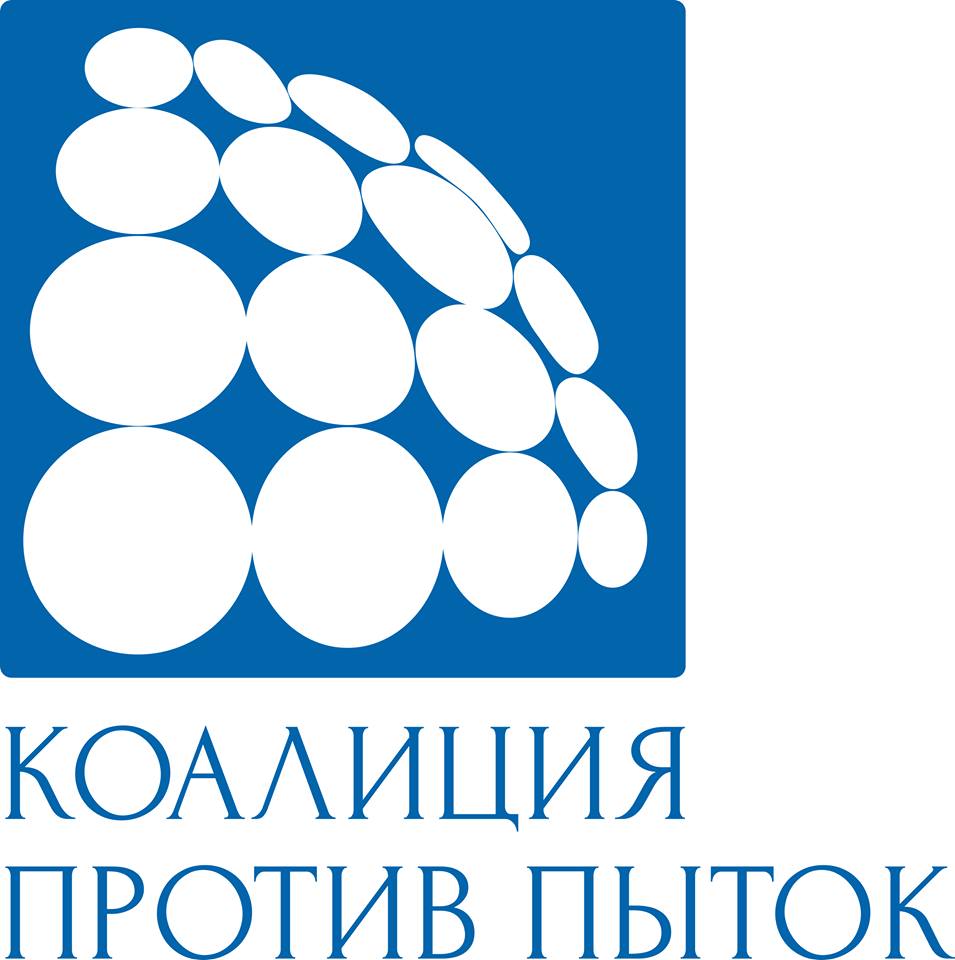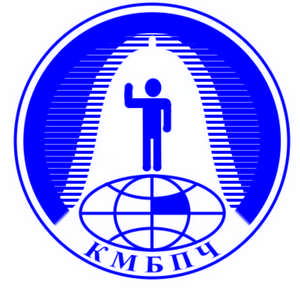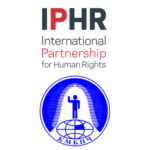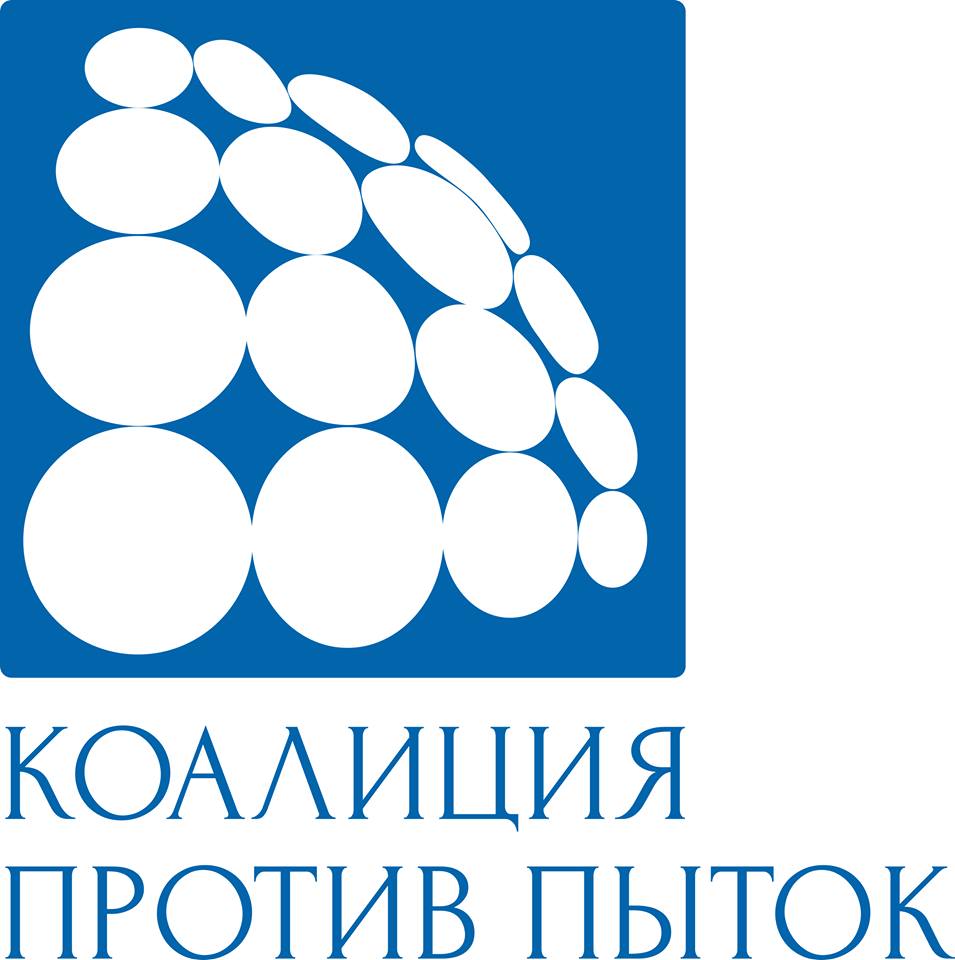The Kazakhstan Coalition of NGOs against Torture considers that six practically simultaneous lawsuits filed by the employees of the Committee for the Penitentiary System under the Ministry of Internal Affairs constitute an organized campaign to intimidate and shut Yelena Semyonova, a human rights defender and member of the Coalition.
The lawsuits against Ms. Semyonova have been filed by the employees of facility UK-161/2 (Kostanai oblast)—two lawsuits; facility EU 164/4 (Almaty oblast), facility ZhD-158/4 (Zhambyl oblast), facility ZhD-158/7 (Zhambyl oblast), and facility LA-155/12 (Almaty oblast). The human rights activist has already lost two cases filed against her “to protect business reputation of the institutions.”
The Coalition has reasonable grounds to believe that the judicial system in openly playing on the side of the plaintiffs, otherwise it is impossible to explain how the court has been refusing to consider the testimonies from the key witnesses—the convicts who themselves have fallen victims and on whose information Ms. Semyonova based her reports. For instance, the colony-settlement 164/4 EU whose employees won the most recent lawsuit, has a certain reputation, with materials alleging it has used cruel or degrading treatment resurfacing in the media on more than one occasion. In that particular case, the key witness had confirmed his own words that were relayed by Ms. Semyonova, however the judge chose to ignore them. As for other facilities (except for ZhD-158/4), the mass media in the last year alone published a number of materials of ill treatment of prisoners and corruption within the walls of those institutions.
The Kazakhstan NGO Coalition against Torture reminds:
Article 146 of the Criminal Code of the Republic of Kazakhstan (Torture) categorizes torture as a grave crime, and concealing information on such a crime is not only unacceptable but is criminally punishable. In this situation, whenever there is information of a crime that has been committed or is about to be committed, the law enforcement must make every effort to prevent it or to hold responsible those who perpetrate it, if the information is proved to have a basis.
Regrettably, Kazakhstan’s penal system has already developed a reputation of a punitive structure that is built on violence and cruelty toward prisoners. Numerous facts of use of torture and ill-treatment, which in some cases have resulted in the penitentiary system personnel being put behind bars, while many more go unpunished, is an indication that the Committee for the Penitentiary System under the Ministry of Internal Affairs is unable and unwilling to respond to reports of crimes committed in closed establishments, as long as they involve its employees.
The most significant obstacle in the fight against torture and ill treatment in the establishments of the penal system is the fact that the prisoners are placed in closed establishments and therefore are entirely dependent on their administration. Despite occasional visits to those establishments by the members of the National Preventive Mechanism and public monitoring commissions, the society is still unable to obtain continuous and reliable information about the situation at establishments where the practice of humiliation and ill treatment, and sometimes torture, is widespread. As a result, human rights defenders receive such information from prisoners or their relatives. With a few exceptions, human rights defenders have no way to verify such information in a timely manner; besides, the management of those establishments have many tools at their disposal to persuade or force the prisoners into denying their own statements or information, which makes it difficult to find out the actual state of affairs.
Thus, the human rights activists are left with a dilemma: what to do with the information they receive if they have no way of verifying it. Yelena Semyonova has a reason to believe it is more important to publish such information, even if it will not be confirmed later on, because it is more important to elicit a response from society and the state, and make sure ill treatment and torture get revealed.
In 2019, the Coalition alone received 205 complaints (110 complaints of alleged torture or torture, and 95 complaints of ill-treatment), while in the period from January to mid-June 142 written complaints have already been registered, with statements on each of those being drafted and submitted to the relevant authorities. However, as our experience shows there are no guarantees whatsoever that proper checks will be carried out, facts will be established, and those responsible will be held accountable.
The penitentiary system has chosen to put the blame on those who reveal violations of the law committed at closed establishments and demand that their staff have unconditional respect for the rights of the prisoners.
In such a scenario, while declaring its “zero tolerance” toward torture, the state in fact only shows it has “zero tolerance” toward those who stand in the way of government representatives using their privilege and authority to commit crimes with impunity.
The Kazakhstan Coalition of NGOs against Torture demands an immediate end to the persecution of Yelena Semyonova, as well as other human rights defenders who have been reporting on the crimes, while at same time it stands ready to continue to cooperate with the Committee for the Penitentiary System under the Ministry of Internal Affairs as long as the latter demonstrates an interest in ceasing the practice of use of torture and cruel treatment at a systemic level.
















